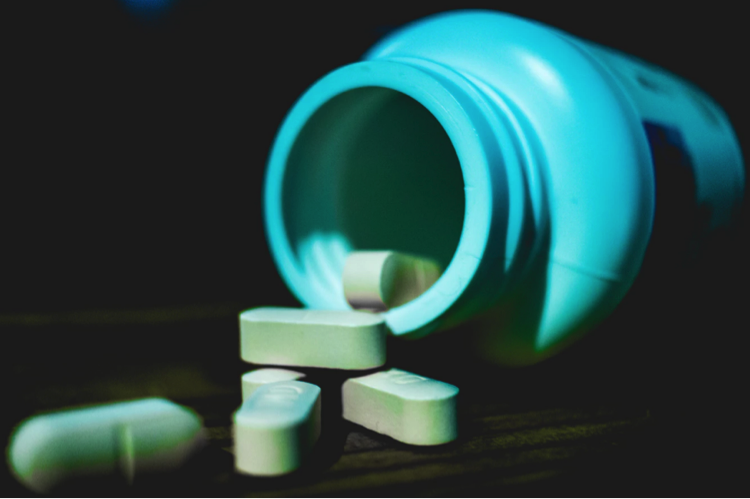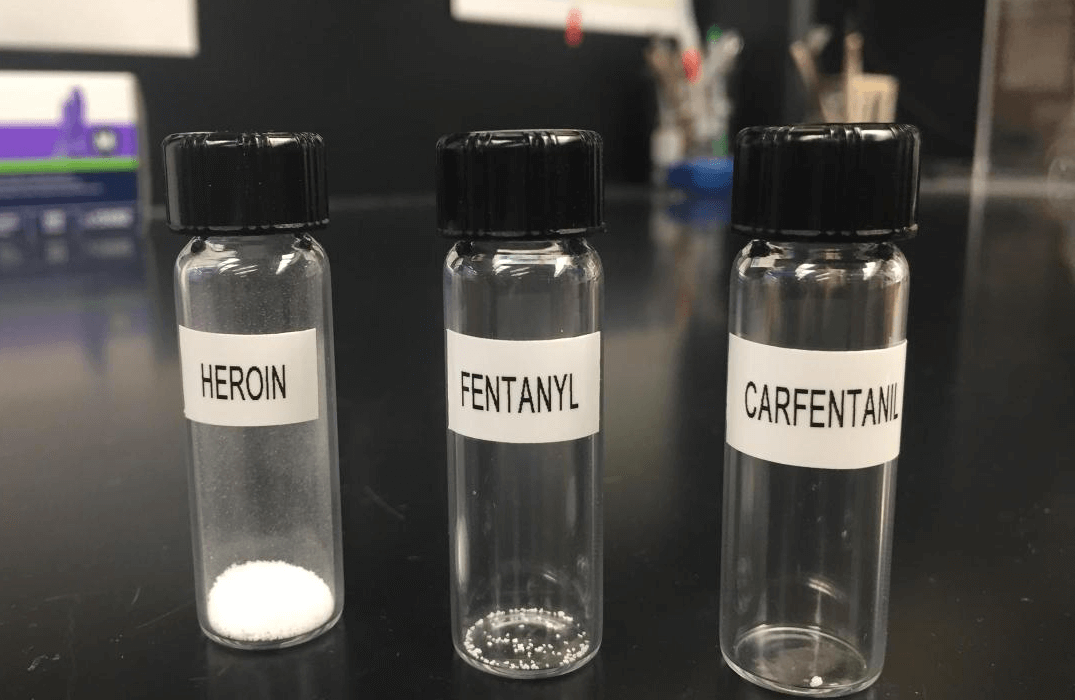How to Maintain a Balanced Life

Having a happy, healthy, balanced life is very important. We want to help you improve your quality of life and we have a few ways to help you do so all while increasing your happiness. We want to help you achieve success, whether it’s in your work life or everyday life.
1 – Meditate For 3-5 Minutes Per Day:
Meditation can help you remain calm and relaxed throughout your daily life. It can help you reflect what you want to achieve as well as being thankful and appreciative of your blessings and just have an all-around more spiritual life.
2 – Workout at The Gym:
Working out can greatly increase your quality of life, busying yourself in something that can help you have a healthy lifestyle can be rewarding and relaxing.
3 – Set Milestones:
Setting milestones can help you balance your goals in life, for example: say you’re trying to lose 100 lbs., instead of focusing on losing the 100 lbs. set a milestone for every 10 lbs. This will help you with your goal setting.
4 – Start Writing Down Things You’re Grateful For:
Everyday or every week, take a moment and write down a few things you’re grateful for, this will have a positive effect on your life because you’ll realize how much you have to be grateful for.
5 – Set Goals:
Setting goals can help you achieve where you want to be in life. Some goals you may want to set are relationship goals, physical goals, spiritual goals, mental goals, career goals, and financial goals. As these kinds of goals can greatly improve your life and help you achieve greatness on where you want to be.
These are just a handful of ways to help you change your life in a positive way! Give them a try! You won’t be disappointed in your results if you stay focused and dedicated. Good luck!
2018: The Year for Change

During 2017, the opioid crisis reached an all-time high. The United States has about 4% of the world’s population but about 27% of the world’s drug-overdose deaths. By reviewing the tragic events in 2017, hopefully we can learn how to battle and change this epidemic in 2018.
In 2017, the government declared the opioid crisis a nationwide health emergency. This is a temporary measure meant to last only 90 days, but congress is able to renew this at any time. The opioid crisis is not a 90-day issue, it has been a huge problem for years, just reaching record-setting statistics during this year.
The opioid epidemic has seen record-setting deaths this year. It has been discovered that about 91 Americans die each day from opioid overdose. This includes the use of prescription pills and heroin. The misuse of prescription pills is a known factor in leading to heroin use.
Another issue contributing to the opioid epidemic is that there is a vast amount of legal opioid prescriptions. Over-prescribing opioids has become the norm in the United States. We have the mentality that if we are in pain, we need a simple pill to take it away. This is the start of long and hard battle with opioid addiction.
2017 was a year of struggle, but things are only looking up from here. In recent efforts, many people have been helping to stop the opioid epidemic. Medical schools and pharmacies have made changes in response to this epidemic. Medical schools are now training future doctors to be aware of this while treating a patient by offering courses and clinical rotations in drug addiction treatment and pain management. Pharmacies have been helping by capping daily doses of prescription medication.
Together we can make a small dent in the fight to fix and change this opioid epidemic.
Suboxone Effects: What You Can Expect During Treatment

Suboxone is one of the best methods to combat – and reduce – opioid dependence. But as with any drug, there are both positive and negative effects from using suboxone. To help ease your fears and reduce any ambiguity with using suboxone, it’s important to understand exactly what will happen to your body in both the near & long term.
The first thing you need to understand about suboxone is that it is a depressant – it will slow your body & its functions down, just as alcohol does. Suboxone is a long-acting opioid. This means its side effects can last 3 days, but are often less intense than other similar drugs.
When taking suboxone, you can (and likely will) experience several positive and negative side effects. Some of the positive effects include: significant pain relief (20-30 times more powerful than morphine), a sense of euphoria, feeling of calm & well-being, increased relaxation, and a perception of fewer worries and stress. The negative short-term side effects include: sleepiness, confusion, nausea, and respiratory depression (hypoventilation).
In addition to these short-term issues, there are some long lasting ones that you should understand before undergoing suboxone treatment. These include, but are not limited to: frequent drowsiness, decreased pain tolerance, anxiety, isolation, and antisocial behavior. Depression, relationship instability, difficulty upholding responsibilities, and financial strain are also possible.
Additionally, suboxone itself can be potentially addictive. You can experience withdrawal symptoms when you stop using suboxone. This can be a positive sign in ending your opioid addiction. Suboxone dependence requires additional monitoring from doctors.
These are just several of the most common side effects of suboxone. You may experience additional effects depending on your body and your specific opioid addiction. This is just a guide to give you more clarity on how exactly suboxone will effect you, but the best way to fully understand suboxone treatment is to pay us a visit and meet with one of our experienced doctors.
Info from: https://drugabuse.com/library/the-effects-of-suboxone-use/
People You Can Depend On – Benefits of Group Sessions
At Assisted Recovery, we believe that healing with others is the best way to cure addiction. Group sessions allow you to learn about the opioid recovery process with others who are going through the same thing. Group sessions also provide support and motivation from others that want to maintain the same recovery goals after addiction recovery. During recovery, you will meet strong individuals that will support and root for you during this process.
Group sessions offer many benefits to suffering addicts. First, group sessions allow you to listen to another person’s problem and see how they solve it. This would allow you to reflect on how you would solve the situation. Also, someone could have the same problem as you, but is too nervous to speak up. They now benefit from you bringing up the issue.
Another great aspect of opioid addiction group sessions is being able to form relationships with people that can then be used outside of sessions for support and encouragement. Finding someone who understands exactly what you are going through can be a huge help to the recovery process. People have formed lifelong friends through these programs. Without meeting these people, they would have never recovered from opioid addiction.
We create a sense of community through group sessions that simply cannot be replaced. Opioid addiction does not own you.
Call us at (401) 228-7866 or walk-in today to get your life back on track.

Signs and Symptoms of Opioid Abuse
How do you know when you or someone you may know needs help? Here are some things to keep on your radar.
Read More
The Dangers of Heroin, Fentanyl, and Carfentanil
Within the wide net of opioids, there are a few that have become notorious in the current nationwide opioid epidemic: Heroin, Fentanyl, and Carfentanil.Read More






Recent Comments